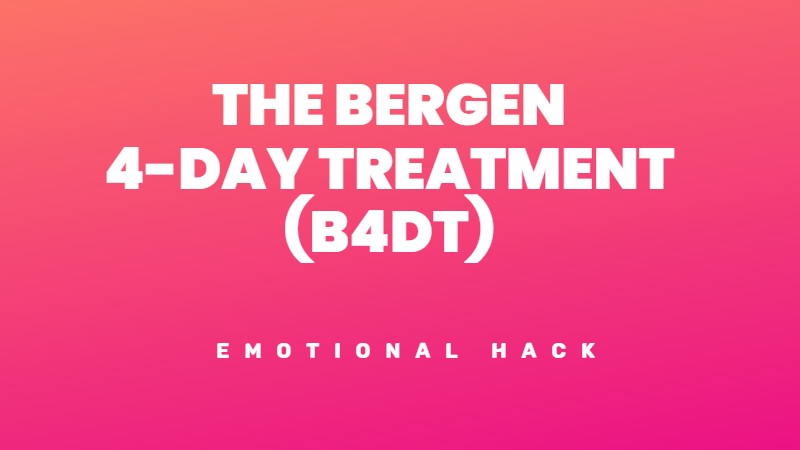I will proclaim to the world the deeds of Gilgamesh. This was the man to whom all things were known; this was the king who knew the countries of the world. He was wise, he saw mysteries and knew secret things, he brought us a tale of the days before the flood. He went on a long journey, was weary, worn-out with labour, returning he rested, he engraved on a stone the whole story.
The Epic of Gilgamesh, translated by N. K. Sandars (Harmondsworth, England: Penguin Books, 1972), p. 61
In the narrative of human history, there is no tale more ancient than the Epic of Gilgamesh. This timeless story, carved onto clay tablets over 4,000 years ago, is the oldest surviving myth in human history. Lost to the sands of time until its rediscovery in the 19th century, the epic offers timeless insights into the human experience and our search for meaning.
The Myth
Gilgamesh, the mighty king of Uruk1, was a man of great pride and arrogance. To humble him, the gods created Enkidu, a wild man forged from clay and the breath of life. Enkidu challenged Gilgamesh, but through their fight, a bond of friendship was forged, and Enkidu became Gilgamesh’s closest friend and companion. Together, they embarked on heroic adventures, seeking to make their mark upon the world. But their actions angered the gods, who decreed that Enkidu must die. And so, once a king of unrivalled might, Gilgamesh was brought to his knees by the weight of grief, the pain of loss and the realization of his own mortality. Devastated by the loss of his friend, Gilgamesh set out on a quest for eternal life, seeking to escape the fate that awaits us all. The quest would take him on a journey to the very edges of the world, seeking the wisdom of Utnapishtim, the one who had survived the Great Flood, but in the end, he learned that immortality was beyond his reach and that the true meaning of life lay elsewhere2.
The Meaning
The Epic of Gilgamesh speaks to the heart of what it means to be human and reminds us that the search for meaning is a universal quest that transcends time and culture. In our own lives, we may find ourselves, like Gilgamesh, grappling with the pain of loss, the fear of our own mortality, and the desperate desire to leave a lasting impact on the world.
In a world that seems all too fleeting, Gilgamesh’s journey teaches us that the true significance of our lives lies not in the pursuit of immortality but in the moments we share, the bonds we forge, and the legacy we leave behind. It’s in the challenges we face, the triumphs we celebrate, and the love we give and receive.
The epic also offers us a path forward to find purpose and significance in the face of life’s impermanence. It teaches us to cherish our relationships, find joy in the simple moments, and strive to make a difference in the lives of those around us. It encourages us to embrace the journey, face our challenges with courage and compassion, and recognize that true immortality lies in the legacy we create, the love we share, and the stories we leave behind.
In a world that often seems focused on pursuing material wealth, status and power, the Epic of Gilgamesh serves as a poignant reminder of what truly matters. It invites us to shift our perspective and recognize that the most meaningful lives are those living in service to something greater than ourselves.
Notes
1 Uruk, known today as Warka, was a city in ancient Mesopotamia, situated east of the present bed of the Euphrates River. It was one of the most important cities of its time and played a leading role in the early urbanization of Sumer in the mid-4th millennium BC.
2 The tomb of Gilgamesh. According to the Epic of Gilgamesh, the legendary king Gilgamesh was buried in a tomb beneath the Euphrates River near the ancient Uruk, where Iraq gets its name. The epic states that the tomb was built when the river waters parted, allowing for its construction.




Hinterlasse ein Feedback zu diesem Thema